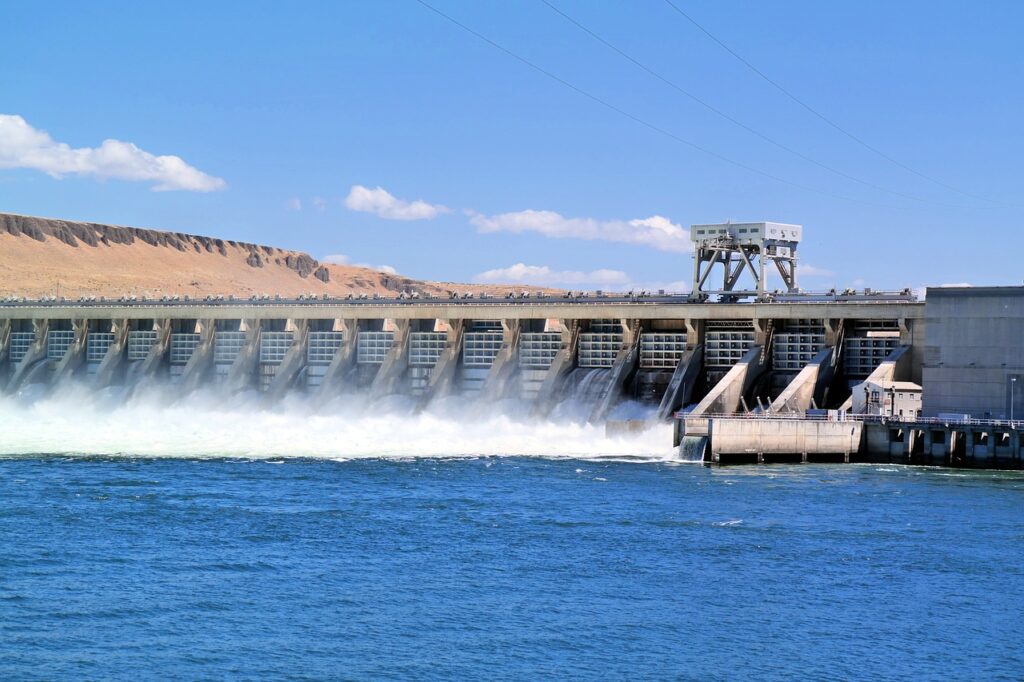Businesses of all sizes require reliable, cost-effective energy solutions to remain competitive in their respective industries.
With a variety of energy options available, it can be difficult to determine which option is the best for any given business.
Questions like, How much does commercial energy cost? What kind of energy is best for my business?
And What are the advantages and disadvantages of each different energy source? These are common ones to ask when making a decision.
In this blog post, we will compare and contrast the different energy solutions available to businesses, allowing you to make an educated decision about which option will best meet the needs of your business.
Post Contents
Assess Energy Needs
When evaluating business energy needs, the first step is to assess the current energy usage.
Business owners should start by collecting historical data on their energy consumption, such as monthly electricity bills and usage patterns.
This will give them a better understanding of their current energy needs and will likely reveal areas of improvement and potential savings.
Additionally, businesses can also use energy management tools, such as energy audits and monitoring systems, to gain an even deeper insight into their energy needs.
Through this assessment, business owners can gain a better understanding of their energy needs and can make more informed decisions on their energy options.
Identify The Geographical Area Of Your Business
When selecting a business energy provider, it is essential to understand the geographical area of your business.

Many energy providers focus their services on specific regions or even individual states.
Knowing the area in which your business operates will help you determine the best energy provider for your needs.
Additionally, understanding the current energy prices in your region can help you determine if the provider you are considering is offering competitive rates.
In the case of the UK, you’ll want to focus your search on the available utilities in the country. The UK energy market offers a range of options for companies of all sizes and sectors.
From traditional gas and electricity providers to newer sustainable energy services, there is much to consider when choosing an energy supplier.
By researching the available energy providers in your area, you can compare and contrast the various offers and make an informed decision.
Consider Your Budget
When it comes to finding the best energy option for your business, it’s important to consider your budget.
The amount of electricity you need, the amount you’re willing to pay, and the length of your contract, as well as any additional fees, will all play into the final decision you make.
Take the time to look at your energy options thoroughly and compare the costs. Doing so will ensure that you get the best value for your money.
Compare Green Energy Options
When it comes to finding the right business energy option, comparing green energy options is a must.
By looking at the benefits of various renewable energy sources, such as wind, solar, and hydroelectric, you can identify the option that best meets your needs.
Wind energy, for example, is an excellent choice for companies located in windy environments, while solar energy is a great option for those who have access to a lot of direct sunlight.
Additionally, hydroelectric energy can be a reliable, long-term energy source for businesses located near rivers or other sources of running water.
Once you’ve compared the different green energy options available, you can make an informed decision that is better for the environment and cost-effective for your business.
Review Contract Terms and Conditions
After researching and comparing different energy providers, the fifth step you need to take is to review the contract terms and conditions to ensure the provider you have chosen is the right fit for your business.
The terms and conditions should be clearly outlined, and it is important to review them carefully to understand what you are signing up for.
It is important to note any additional fees that may be included in the contract, as well as the length of the contract and termination fees.
It is also important to understand the payment options and billing cycles you have with the provider.
Taking the time to review all the details of the contract is essential in making sure you have chosen the best energy option for your business.
Analyze Fixed vs. Variable Rate Plans
When it comes to energy plans, businesses must consider the different types of rate plans available.
Fixed-rate plans provide more stability and predictability since the rate will remain the same for the duration of the contract, while variable-rate plans can fluctuate in cost as the energy market changes.
It is important to take a closer look at the terms of each plan, as some fixed-rate plans will include a cap on the rate, while some variable-rate plans may include a minimum and maximum rate.
Carefully analyzing the pros and cons of each plan is the best way to determine which option is best for your business.

Weigh Customer Service Ratings
Customer service is a vital component of any energy provider. Before committing to a particular energy supplier, it is important to assess their customer service ratings.
Make sure to check out reviews from existing customers to gauge their level of satisfaction.
Look for any reports on customer service and response time to get an idea of how well the provider handles customer inquiries and complaints.
Additionally, check the company’s website for contact information, such as a phone number, email address, and social media accounts, to ensure they are easy to reach if an issue arises.
Consider Switching Costs And Fees
Fees and switching costs are important considerations when selecting a business energy option. Your energy provider may charge a connection fee or a termination fee.
Additionally, any switching costs should be investigated to ensure you receive a fair price.
Taking into account these costs and fees can help you build a better understanding of your energy options and make the best decision for your business.
In conclusion, discovering the right business energy option can be a challenge, but with some research and comparison, you can make a more informed decision.
By comparing the different options available and weighing the pros and cons of each, you can find the best fit for your business.
With the right energy option, you can save money and time, helping your business run more smoothly and efficiently.






























